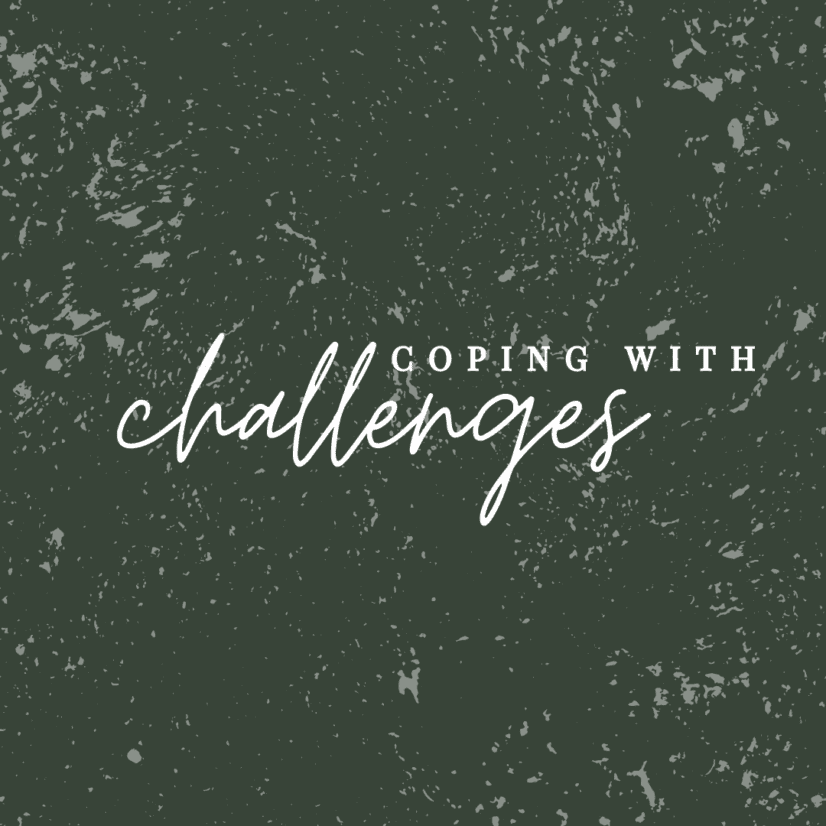We all have to cope at some point in our lives. When things are hard and challenging, we need to be able to respond in a way that is healthy and positive.
Here are nine things you can do to respond to the challenges of life.
- Give yourself time to heal. Anticipate that this will be a difficult time in your life. Allow yourself to mourn any losses you have experienced. Try to be patient with changes in your emotional state.
- Ask for support from people who care about you and who will listen and empathize with your situation.
- Communicate your experience in whatever ways feel comfortable to you – such as by talking with family or close friends, or keeping a diary.
- Find out about local support groups or group therapy sessions that connect to your specific situation. Group discussion can help people realize that other individuals in the same circumstances often have similar reactions and emotions.
- Engage in healthy behaviors to enhance your ability to cope with excessive stress. Eat well-balanced meals and get plenty of rest. If you experience ongoing difficulties with sleep, you may be able to find some relief through relaxation techniques. Avoid alcohol and drugs.
- Establish or reestablish routines such as eating meals at regular times and following an exercise program. This can be especially important if the normal routines of daily life are disrupted. Take some time off from the demands of daily life by pursuing hobbies or other enjoyable activities.
- Help those you can. Helping others, even during your own time of distress, can give you a sense of control and can make you feel better.
- Avoid major life decisions such as switching careers or jobs if possible because these activities tend to be highly stressful.
When Should I Seek Professional Help?
Many people are able to cope effectively using their own support systems. It is not unusual, however, to find that serious problems persist and continue to interfere with daily living. For example, some may feel overwhelming nervousness or lingering sadness that adversely affects job performance and interpersonal relationships.
Individuals with prolonged reactions that disrupt their daily functioning should consult with a trained and experienced mental health professional.
Reprinted from American Psychological Association. APA is grateful to Paul J. Rosch, M.D.. President, The American Institute of Stress, for his help in developing this fact sheet.
Written by: GROW Staff

